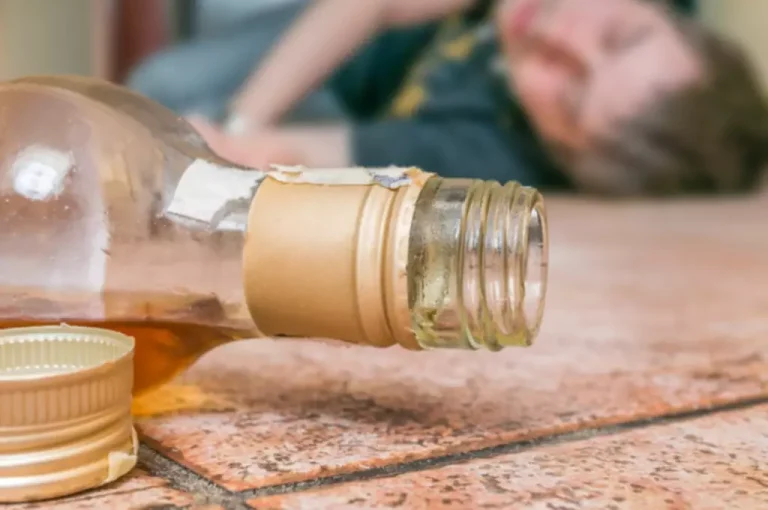
The journey ahead may have its challenges, but with the structure, accountability, and camaraderie found in these homes, you’re never alone. You’ll gain not only a safe environment for your recovery but also invaluable life skills and relationships that nurture https://ecosoberhouse.com/ your growth and resilience. Remember, every step forward in a sober living community is a step towards a more independent and vibrant life. So take this knowledge, and let it guide you towards making choices that support your journey to lasting sobriety.
Quality Inspected Sober Living Homes
- Rebuilding and repairing relationships is important because the people closest to you are often the ones hurt the most by addiction, and they are often the most important in the support group.
- Building a sober support network is a journey that requires dedication, but the rewards are immeasurable.
- Commemorating milestones and progress is significant as it recognizes efforts, inspires individuals, and enhances self-esteem.
- It’s not just about staying sober; it’s about reconnecting with your community and avoiding relapse.
Additionally, many individuals come from greater distances to receive treatment at Pioneer and choose to stay in sober living facilities while participating in our program. Commemorating milestones and progress is significant as it recognizes sober network efforts, inspires individuals, and enhances self-esteem. A sobriety milestone or sobriety birthday is a celebration of significant days in your recovery from addiction, helping you look back on progress and stay motivated.

What Are Online Sobriety Support Groups?
Volunteering is a practical strategy to build a sober network, as it allows individuals to connect with others who have similar values and goals. Volunteering at local shelters or community centers helps build connections and support networks. It’s important to note that your sober support network should not include unsupportive individuals or individuals who are not healthy themselves.
Selecting the Right Individuals for Your Network
It’s important to set boundaries with enablers and triggers to maintain sobriety and protect from relapse. Assertiveness is crucial for communicating needs and maintaining boundaries. Fostering relationships with potential members of your support network is pivotal to fortify and uphold the support system.
- The majority of our participants travel from various locations within Minnesota, including nearby counties.
- If you wish to speak to someone one-on-one, there are also phone volunteers who can help you.
- Fostering relationships with potential members of your support network is pivotal to fortify and uphold the support system.
- Partaking in sober-friendly activities is vital to preserve sobriety and forestall relapse.
- These groups focus on gathering people in recovery and providing a safe place to share support and experiences.
Understanding the Structure of Sober Living Homes

It is also designed to assist clients identify and move “barriers” aside that prevent them from potentializing. The relationship is not unlike any other professional relationship a client may have with say a psychotherapist, doctor or lawyer. The cost for sobriety support groups ranges from free up to hundreds of dollars, depending on the program. Loosid is a community for people looking to thrive and enjoy fun events and activities while abstaining from alcohol and other substances. He specializes in parenting, trauma, addiction, and chronic mental health.
You can develop health relationships based on shared interests and support rather than substance use. Throwing a sober party can be a great way to celebrate milestones, focusing on fun activities without alcohol or drugs. These activities support sobriety by providing enjoyable ways to connect and engage with others. Consistently adhering to boundaries reinforces their importance and effectiveness.

People sometimes experiment with drugs or alcohol to boost their social confidence or fit in with a group of friends. Finding sober support in recovery is one of the most essential parts of healing from addiction. Sober peers can help you navigate challenges and celebrate your wins as you work toward lifelong sobriety. Engaging in recovery organizations or mentoring youth can provide a sense of purpose and fulfillment, aiding in maintaining sobriety and moving forward in your recovery journey.
Peer Support Groups
- Your sober network will become your first line of defense against the obstacles that challenge recovery, so select carefully.
- Club Soda bills itself as the “Mindful Drinking Movement” and was designed for those who want to cut down, stop briefly, or quit drinking altogether.
- Before discussing how you can build your own sober support network, it’s important to understand what a sober support network is.
- A solid sober support network is one of the most valuable assets for recovering individuals.
- Here are some of the most significant reasons social support can help you stay sober for life.
Sober events such as yoga classes, hiking groups, or art therapy sessions offer opportunities to engage in healthy activities while meeting others committed to sobriety. Online addiction support groups are designed to help members successfully manage their recovery from alcohol abuse or substance use disorder. These “sober clubs” have been found to improve treatment engagement while also positively affecting alcohol or drug cravings and increasing participants’ beliefs that they can achieve their goals.
- Today, in a world driven by technology, Michael creates engagement opportunities which are critical to the success of Sober Network and SOBERCOIN.
- Here, you’ll find individuals at various stages of their recovery, each contributing to a collective reservoir of hope, strength, and encouragement.
Attending Support Group Meetings
Tempest operates under the assumption that addiction is the result of trying to escape from something else but that alcohol eventually becomes a problem on its own. For this reason, the membership programs involve looking deeply at the underlying causes of addiction, in addition to the secondary problem (the addiction itself). The program is based on 13 Acceptance Statements encouraging spiritual and emotional growth.
